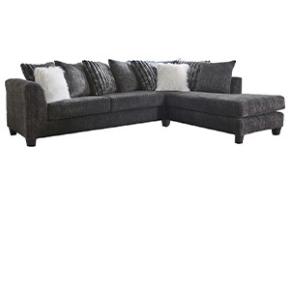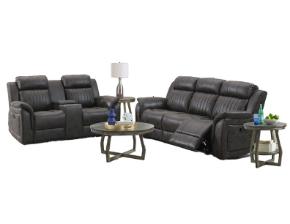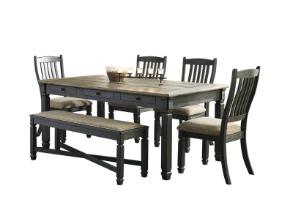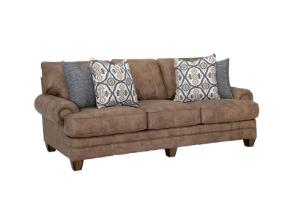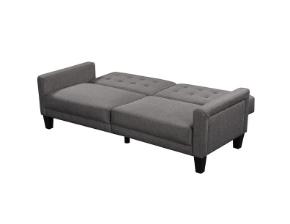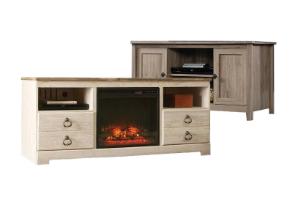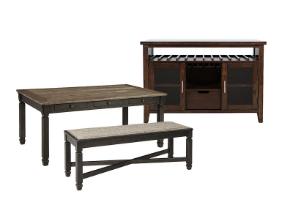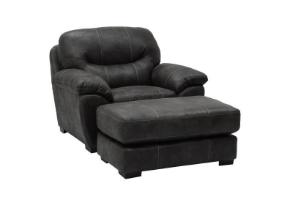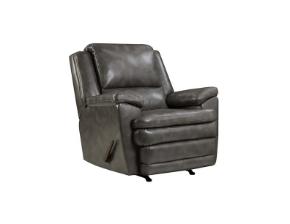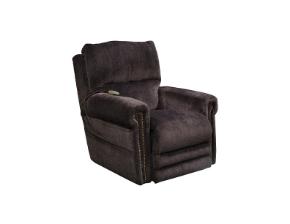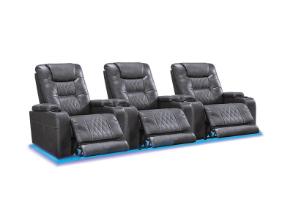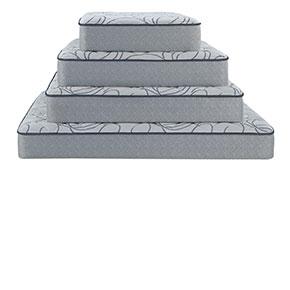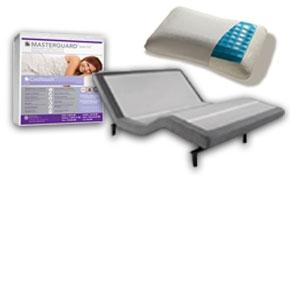Induction Ranges: Here is what you need to know.
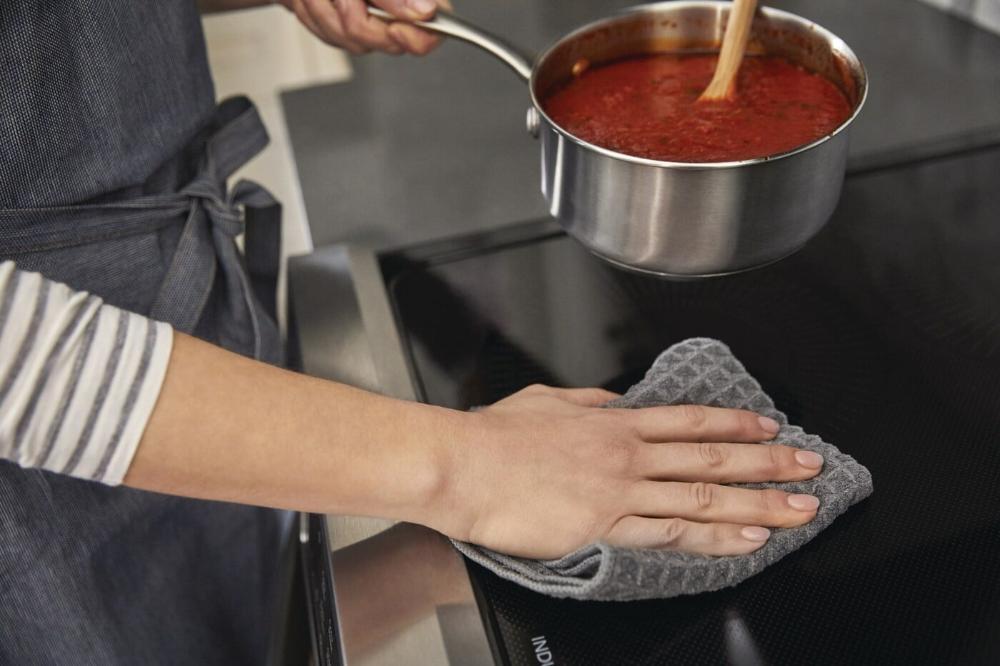
Induction ranges have become increasingly popular in recent years as an alternative to traditional gas and electric ranges. They offer many advantages over these traditional options, including greater energy efficiency, faster cooking times, and easier clean-up. In this blog, we'll take a closer look at induction ranges and what makes them such a popular choice for modern kitchens.
What is an Induction Range?
An induction range is a type of electric stove that uses electromagnetic energy to heat up pots and pans. Unlike traditional electric ranges that use a heating element to generate heat, induction ranges use a magnetic field to induce electrical currents in the cookware, which in turn heats up the pan. This means that the range itself doesn't get hot, so there's less risk of accidental burns.
Advantages of Induction Ranges
- Faster Cooking Times
One of the biggest advantages of induction ranges is their speed. Because the heat is generated directly in the cookware, induction ranges can heat up pans much faster than gas or electric ranges. This can be especially useful for recipes that require quick temperature changes or for cooking multiple dishes at the same time.
- Energy Efficiency
Another advantage of induction ranges is their energy efficiency. Because the heat is generated directly in the cookware, there is less heat loss than with traditional gas and electric ranges. This means that induction ranges can be more than 90% efficient, compared to just 50-60% for gas and electric ranges.
- Easier Clean-Up
Induction ranges are also much easier to clean than gas and electric ranges. Because the range itself doesn't get hot, spills and splatters are less likely to burn onto the surface. And because the surface is smooth and flat, it's easy to wipe clean with a damp cloth.
- Safety
Induction ranges are also safer than gas and electric ranges. Because the surface doesn't get hot, there's less risk of accidental burns. And because there's no open flame or heating element, there's less risk of fire or gas leaks.
Drawbacks of Induction Ranges
- Higher Cost
One of the biggest drawbacks of induction ranges is their cost. Induction ranges can be significantly more expensive than traditional gas and electric ranges, although prices have been coming down in recent years.
- Cookware Compatibility
Another potential drawback of induction ranges is that they require compatible cookware. Because the heat is generated by electromagnetic energy, only cookware made of ferromagnetic materials (such as cast iron or stainless steel) will work on an induction range. This means that some types of cookware, such as aluminum or copper, won't work.
- Noise
Finally, induction ranges can sometimes produce a humming or buzzing noise when they're in use. This is caused by the magnetic fields that the range generates and can be more noticeable at higher power levels.
Conclusion
Overall, induction ranges are a great option for anyone looking for a faster, more energy-efficient, and easier-to-clean cooking experience. While they may be more expensive than traditional gas and electric ranges, their many benefits more than make up for the higher price tag. Just be sure to choose compatible cookware and be aware of the potential for noise when using the range at higher power levels.
Shop induction ranges and cooktops at ABC Warehouse today! Find all of the top brands including Frigidaire, Samsung, GE Profile, Cafe, LG, Bosch, Electrolux, and more!

